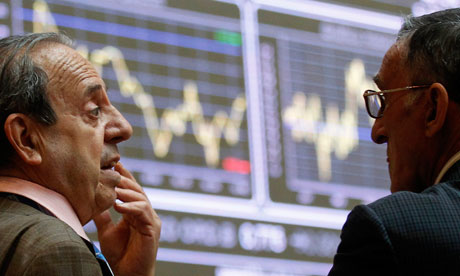The quote "when you define something you miss the point" suggests that attempting to provide a strict, rigid, or fixed definition for something can lead to an oversimplified or incomplete understanding of that thing's true nature or essence. In other words, the act of defining something can sometimes limit our perception of its complexity, nuances, and broader context.
This idea can be interpreted in a few different ways:
Limiting Complexity: Many concepts, ideas, or phenomena are intricate and multifaceted, and they may not fit neatly into a single definition. By trying to define them with a specific set of words, we might inadvertently leave out important aspects that contribute to their full meaning.
Subjectivity and Perspective: Definitions often reflect a particular perspective or point of view. Different people might have different understandings or interpretations of the same thing, and an attempt to rigidly define it could ignore these diverse viewpoints.
Evolution and Change: Concepts can evolve over time, adapting to new contexts, technologies, and social dynamics. A fixed definition might not accurately capture these changes, leading to an outdated or inaccurate understanding.
Emotional and Experiential Aspects: Some things, especially abstract concepts or emotions, can't be fully captured by definitions alone. Their experiential or emotional components might be more important than a literal description.
Uniqueness: Some things are so unique or unconventional that trying to define them using conventional language falls short. In these cases, attempting to define them might indeed miss their true essence.
In essence, the quote encourages us to embrace the complexity and depth of things rather than confining them within rigid definitions. It suggests that understanding something comprehensively might involve acknowledging its multifaceted nature, allowing for various interpretations, and being open to the idea that some things are best understood through experience, observation, and an open mind rather than through a strict definition.
---
Let's explore each point with some examples:
Limiting Complexity: Imagine trying to define the concept of "love." Love is a complex emotion that can encompass various feelings such as affection, attachment, compassion, and more. Attempting to define love with a single sentence might miss out on the intricate interplay of emotions and experiences that contribute to its true essence.
Subjectivity and Perspective: Consider the definition of "success." For one person, success might mean achieving a high-paying job, while for another, it could mean having a fulfilling family life. The definition of success varies based on personal values, cultural background, and life experiences.
Evolution and Change: The term "technology" has evolved over time. Defining technology solely as "the application of scientific knowledge for practical purposes" might not capture the rapid advancements in fields like artificial intelligence or biotechnology. A definition created a few decades ago could miss the modern scope of technology.
Emotional and Experiential Aspects: Defining "happiness" as a state of well-being might fail to capture the deeply personal and emotional nature of the feeling. People experience happiness in diverse ways, and it involves subjective elements that are hard to encapsulate in a definition.
Uniqueness: Certain works of art or creative expressions are so unique that defining them becomes challenging. Consider avant-garde art that challenges traditional definitions of beauty and meaning. Trying to rigidly define such art might neglect the intention of the artist and the emotional impact it elicits.
In all these examples, attempting to define these concepts using narrow, strict definitions could result in missing the depth, richness, and dynamic nature that make them meaningful and significant. The quote reminds us to approach these concepts with openness, acknowledging their complexities, subjectivity, and the ways they transcend conventional definitions.
